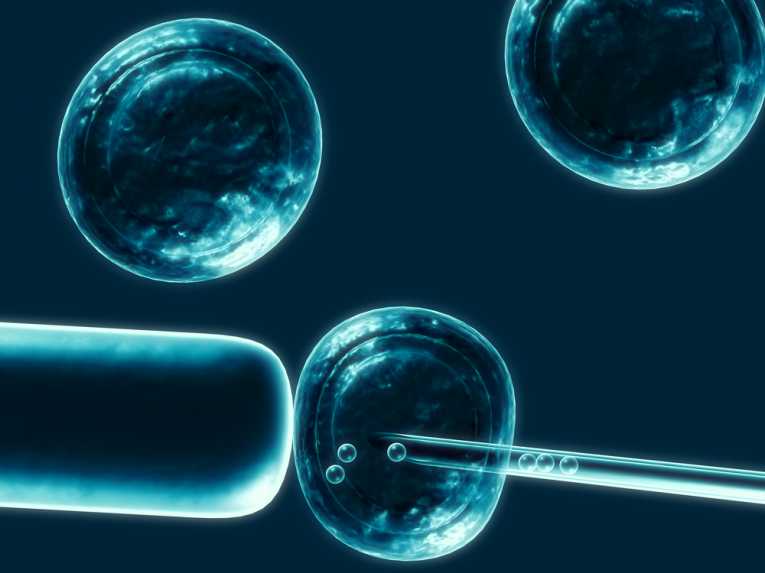
Image credit- msmecho.com
The South Korean government is planning to ease regulations on embryonic stem cell research and gene therapy product development for the betterment of the biotech industry.
Recently, the Ministry of Health and Welfare stated that the allowable range of embryonic stem cell and genetic scissors research would be expanded to the same level as advanced countries. This development took place at the meeting to chaired by Prime Minister Lee Nak-yon at the Advanced Institute of Convergence Technology in Suwon, Gyeonggi Province.
Various restrictions are currently imposed on research and development of embryonic stem cells, including human embryo, and somatic cell-based gene therapies. The research on embryonic stem cells is only allowed for 20 types of rare and incurable diseases, while that on gene therapies is allowed for severe diseases such as genetic disorder, cancer and AIDS.
The industry has highlighted that there are excessive regulations on the research areas and strongly asked to introduce negative regulation system, which permits research first if it is for treatment and impose regulations later.
The Private-Public Bioethics Consultative Body, which manages bioethics laws, will come up with a specific revised bill. The group was established early this year to improve systems and review ethics as new life science technologies, including gene editing and xeno-transplantation, appeared.




